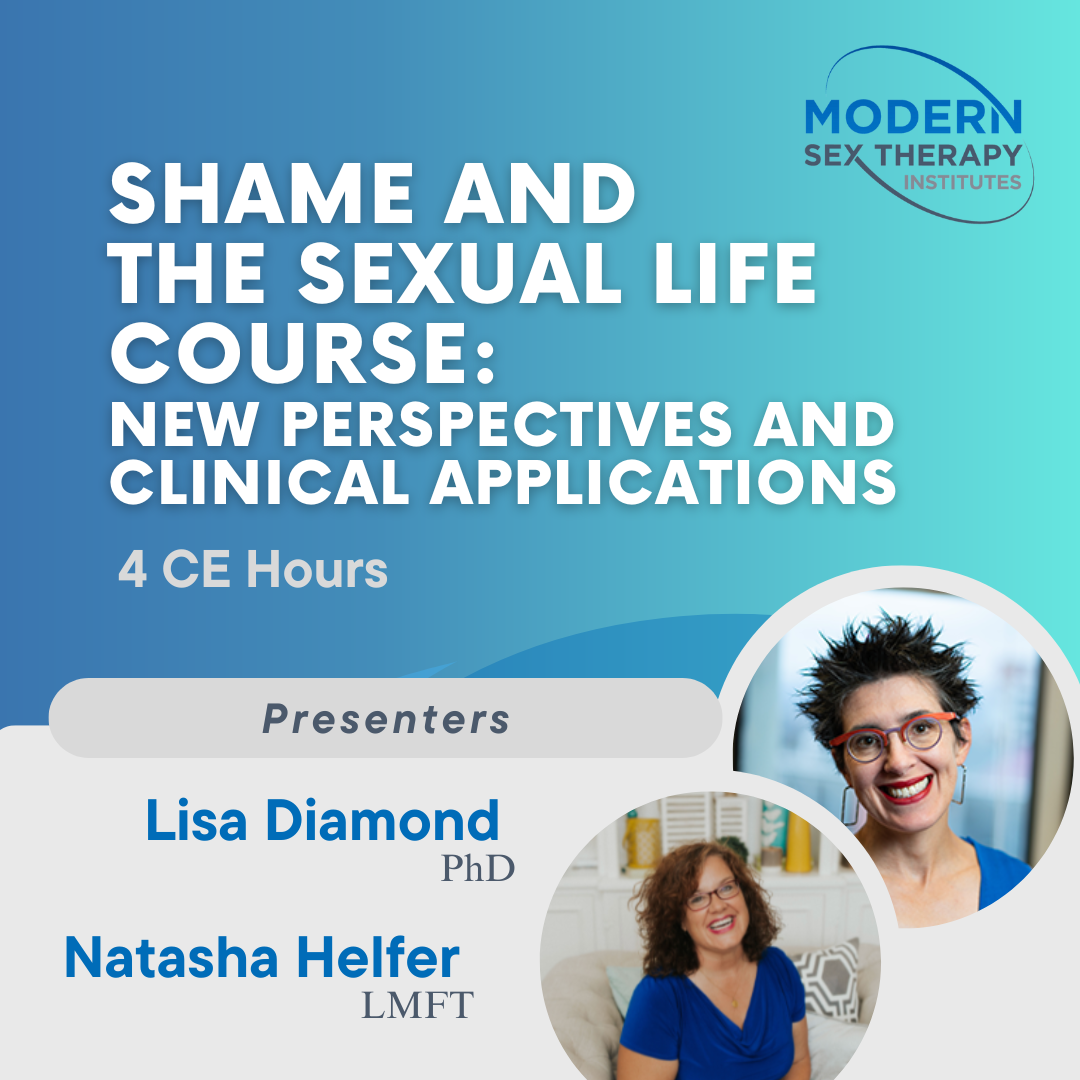Description:
Individuals and couples who seek therapy for sexual issues often assume there is something “broken” about them, especially if they have childhood or adolescent histories of physical, emotional, or sexual maltreatment. Such clients may hope that therapy will repair whatever is “damaged” and help them return to a state of normal/healthy functioning – akin to going back in time before “the trouble” started. Yet this view can be a potent obstacle to clients’ own healing, because it might inadvertently reinforce the notion that there is something fundamentally wrong with them (as opposed to something distressing that they want to change). A growing body of research suggests that both sexual responsivity and stress responsivity are calibrated and re-calibrated over the life course by individuals’ experiences of threat and safety. Accordingly, each adult’s sexual patterning represents their nervous system’s “best attempt” to meet the fundamental human need for social nourishment (pleasure and social connectedness) while avoiding social unsafety (rejection, shame, threat). Accordingly, individuals who have been exposed to chronic unsafety in their lives – whether because of childhood experiences, current stigmatization, or coercive family environments – are not “broken,” but stress-adapted. Their sexual histories do not need to be “undone,” but re-adapted, and this can only occur in a shame-free context.
Learning Objectives:
1. Discuss research on sexual shame and social safety
2 explain why shame is an entirely different (and more detrimental) experience than “psychological stress” as it has conventionally been defined.
3. Discuss the neuroscientific research suggesting that many sexual difficulties in adulthood are “side effects” of deeply embedded adaptations to unsafe social environments.
4 explain the link between chronic unsafety and chronic hypervigilance, which can interfere with mindful sexual experience.
5 Discuss 2 strategies for dismantling harmful notions of “sexual brokenness”
Activity Schedule:
The first 90 minutes will provide an overview of current scientific research on shame, adversity, social
safety, and complex trauma (i.e,. traumatic symptomology arising from chronic unsafety) as they relate
to the types of problems that are often addressed in sex therapy
The second 90 minutes will tackle clinical approaches to sexual shame, particularly as it manifests in
diverse ways among individuals with different developmental histories and different experiences of
chronic unsafety.
The final hour will involve a dialogue between the presenters exploring new directions and implications
of these new understandings of safety and shame for sexual and social functioning across the life
course.
Speaker Bios:
Class originally recorded: 3/16/2024.
Social workers completing this course receive 4 clinical continuing education credits.

